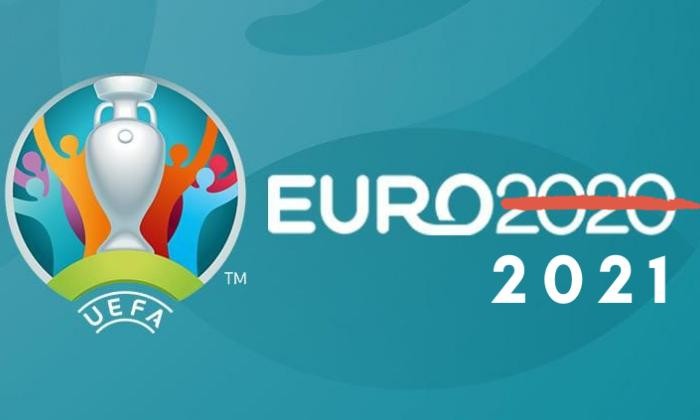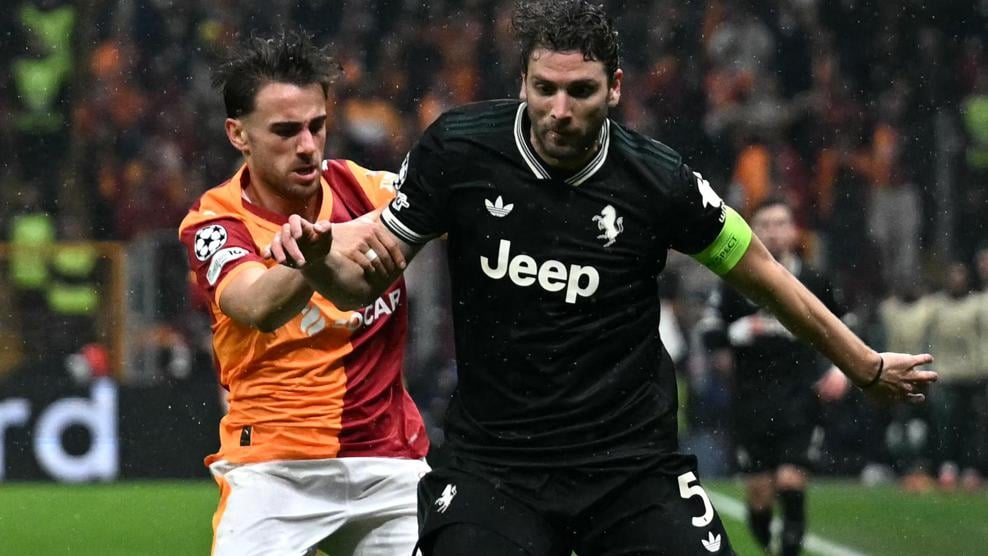What economic impact will the Euros have?
There is no avoiding the fact that when it comes t

There is no avoiding the fact that when it comes to football, money is never far from the topic at hand.
This is something we have seen with particular intensity in the past month, with the proposed European Super League causing an international scandal that rocked the football world. This move was dubbed by a number of elite clubs as a cynical, greedy act that would do irreparable harm to the landscape of European football.
Despite the fact that many of the clubs have now reneged on their proposal to join the new European Super League, this disastrous PR move simply reveals something that has long been a fact of life for professional football: it is a commercial venture first and an athletic endeavour second.
With that said, money is once again at the forefront of many European football clubs' minds as they look to make up for a growing shortfall in revenues caused by the Covid-19 pandemic. With many European clubs now facing the possibility of a second summer in a row without fan attendance, the outlook is precarious at best.
This has hit the big championships, which rely on free-flowing travel between European nations to boost ticket sales and public interest in the event, particularly hard.
Last summer, UEFA faced the difficult decision of whether to postpone the matches that had been planned for that summer, or to cancel them entirely. Ultimately, it was a better financial strategy to simply postpone the games until the following year, which, it was hoped, would leave them in a marginally less precarious financial situation.
Although the situation is not necessarily entirely ameliorated, with many European countries still in the grips of a third wave of the pandemic, there is cause for hope on the horizon.
Much of this is down to a combination of case numbers lowering naturally as we head into the summer months, a relatively successful vaccination programme and an increase in testing and tracing capabilities that could allow events to be safely run.
With all this in mind, there is much buzz about the likes of 1XBET South Africa, where sports fans are already beginning to stake wagers on how the Euros might play out this year.
As a way of managing the risks associated with planning risky events in uncertain times, UEFA have taken the step to move planned games to cities that are not only safer from a public health perspective but also where authorities are more willing to work with them to run events.
The economic impact of this has been significant. According to reporting, cities where events have been moved from look set to take a £169 million hit.
This includes not only lost revenues from taxes on ticket sales at the stadium, but also revenues associated with hotel bookings and local pubs and restaurants that would naturally see an uptake with an increase of visitors to the city. International sporting events are also a great way for smaller cities to advertise themselves as a tourist destination beyond the tournament, with host cities often launching tourism advertising campaigns in conjunction. Missing out on these opportunities could thus also have a big impact on smaller cities trying to raise their profile as a tourist destination.
Advertisers will also take an economic hit, which has a direct impact of how lucrative the event will be to run for both the participating teams and UEFA itself. Although postponing the Euros from summer 2020 to summer 2021 meant that the planned advertising budgets of many companies could simply be rolled over to the following year, many sponsors may find themselves simply unable to afford the commitments of the previous year’s advertising budget.
This will likely have a significant economic impact on the tournament as a whole and the teams involved, as advertising and sponsorship is very much the lifeblood of football.
If advertisers start reneging on their deals entirely or pulling back on their planned advertising commitments, this will impact the teams, UEFA and the media organisations broadcasting the events.
With all that said, we begin to get a sense of the full economic impact of events such as the Euros. These contests not only inject significant amounts of revenue into professional football teams but are also important events for the cities hosting the games. Exactly how this year’s tournament will play out remains to be seen. What is certain, however, is that professional football will be feeling the effects of the pandemic for some time to come.







